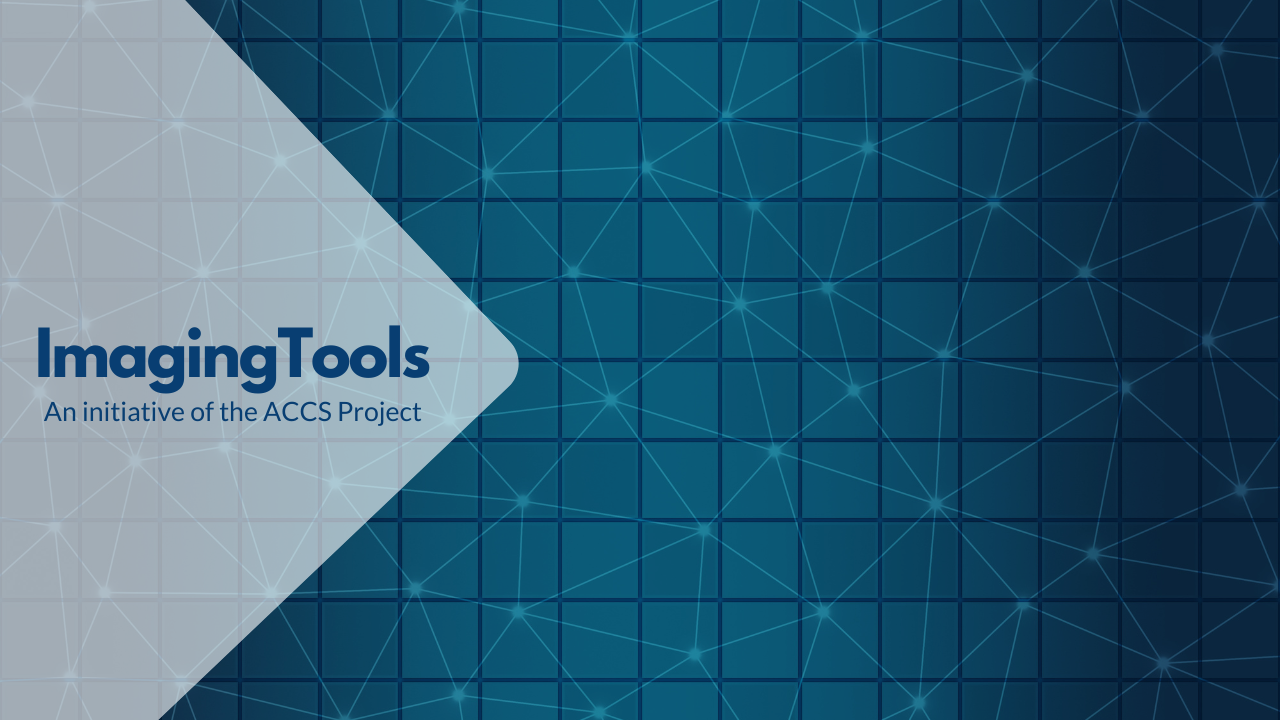Keywords: Biodiversity data or NCRIS or Research support or bioimaging or risk mapping
-

Intersect Australia
Intersect helps researchers increase their impact through expert people, a vibrant member...
51 training material30 upcoming event (958 past event)Intersect Australia https://www.intersect.org.au https://dresa.org.au/content_providers/intersect-australia Intersect helps researchers increase their impact through expert people, a vibrant member community and innovative technologies. Our services are targeted at enhancing capability (skills) through training and capacity (resources) of organisations, disciplines and research groups through an embedded team of experts. Intersect provides an extensive range of technology-focused training to researchers and higher degree research (HDR) students across Australia including training courses at the awareness, introductory, and intermediate to advanced levels, covering the breadth of research-relevant digital tools and technologies. The training is delivered by Intersect’s team of experts. /system/content_providers/images/000/000/008/original/atomic.s.taglogo.rgb_3x.png?1633564459 -

Australian Research Data Commons (ARDC)
The Australian Research Data Commons (ARDC) enables the Australian research community and...
61 training material8 upcoming event (145 past event)Australian Research Data Commons (ARDC) https://ardc.edu.au/ https://dresa.org.au/content_providers/australian-research-data-commons-ardc The Australian Research Data Commons (ARDC) enables the Australian research community and industry access to nationally significant, data intensive digital research infrastructure, platforms, skills and collections of high quality data. As a national research infrastructure provider, the ARDC facilitates partnerships to develop a coherent research environment that enables researchers to find, access, contribute to and effectively use services to maximise research quality and impact. /system/content_providers/images/000/000/001/original/ARDC_Docusign_logo_-_296_x_76px_.png?1627455958 -

The Australian Characterisation Commons at Scale (ACCS) Project
ImagingTools: helping researchers find and access digital characterisation resources, including...
0 upcoming event (15 past event)The Australian Characterisation Commons at Scale (ACCS) Project https://www.imagingtools.au https://dresa.org.au/content_providers/the-australian-characterisation-commons-at-scale-accs-project ImagingTools: helping researchers find and access digital characterisation resources, including online environments, computing facilities, data, training and events. /system/content_providers/images/000/000/016/original/Minimal_Modern_Elegant_Background_Technology_Youtube_Thumbnail_%285%29.png?1671146621 -

Biosecurity Commons
A Planet RDC project, Biosecurity Commons delivers a cloud-based decision-support platform for...
2 training materialBiosecurity Commons https://www.biosecuritycommons.org.au/ https://dresa.org.au/content_providers/biosecurity-commons A Planet RDC project, Biosecurity Commons delivers a cloud-based decision-support platform for modelling and analysing biosecurity risk and response. Biosecurity Commons will empower researchers and decision-makers to produce consistent and transparent results without requiring coding experience or high-end IT equipment. The platform will offer users everything they need to collaboratively solve common biosecurity problems with an intuitive point-and-click web interface that provides trusted datasets, repeatable scientific workflows, a secure workspace and cloud storage. /system/content_providers/images/000/000/036/original/biosecurity-logo.png?1712045188 -

Atlas of Living Australia
The Atlas of Living Australia (ALA) is a collaborative, digital, open infrastructure that pulls...
0 upcoming event (1 past event)Atlas of Living Australia https://www.ala.org.au/ https://dresa.org.au/content_providers/atlas-of-living-australia The Atlas of Living Australia (ALA) is a collaborative, digital, open infrastructure that pulls together Australian biodiversity data from multiple sources, making it accessible and reusable. The ALA helps to create a more detailed picture of Australia’s biodiversity for scientists, policymakers, environmental planners and land managers, industry and the general public and enables them to work more efficiently. The ALA is the Australian node and a full voting member of GBIF – the Global Biodiversity Information Facility – an international network and data infrastructure funded by the world’s governments and aimed at providing anyone, anywhere, open access to data about all types of life on Earth. /system/content_providers/images/000/000/017/original/ALA_Logo_Inline_CMYK.jpg?1652413583